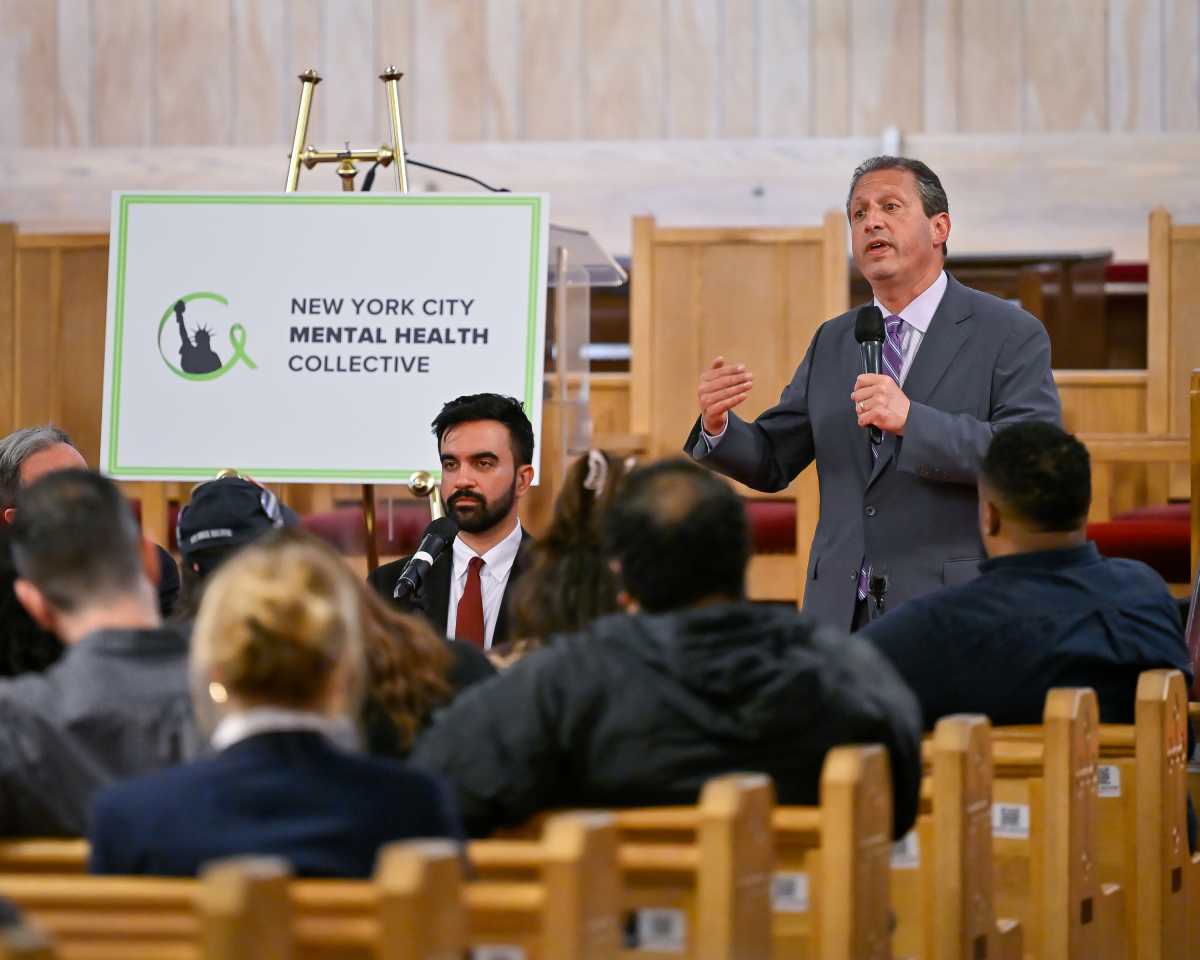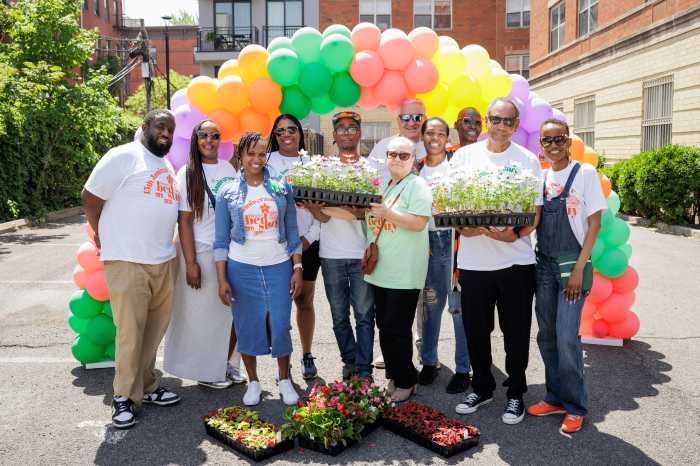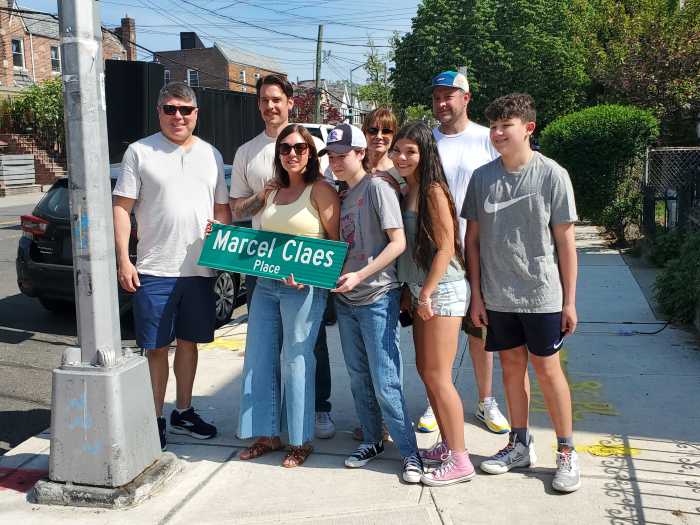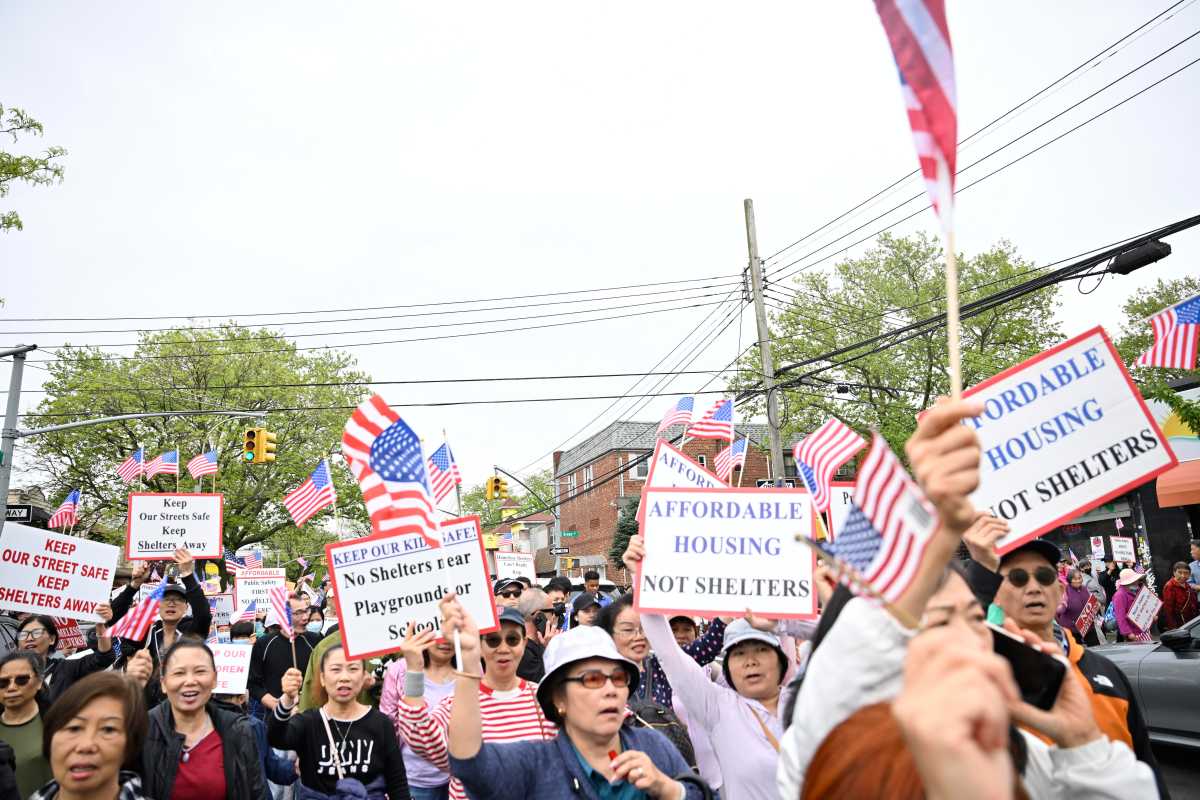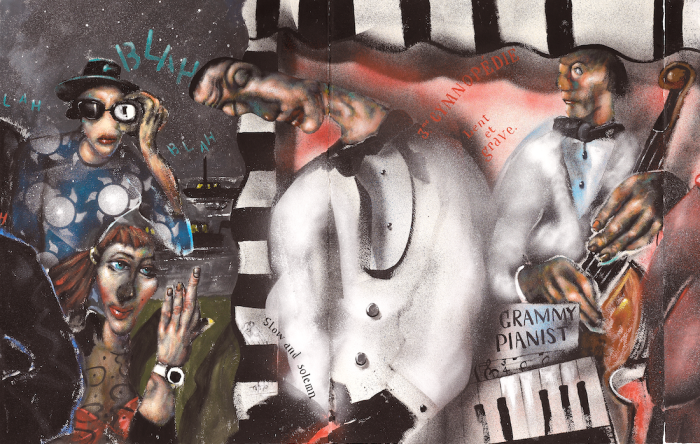Democratic and independent candidates for New York City mayor attended a town hall on May 1 — the first day of Mental Health Awareness Month — at the First Baptist Church of Crown Heights to discuss how they would improve and reform mental health resources if elected.
The event was hosted by the New York City Mental Health Collective, a coalition of more than 30 mental health organizations and advocacy groups, and moderated by actor and mental health activist Chad Coleman.

Before the candidates shared their plans to address New York City’s mental health crisis, New York City Mental Health Collective founder Christina Sparrock underscored the urgency of tackling mental health issues as they relate to stable housing, education, public safety, employment and justice.
“It’s a health condition that we can manage with the right support,” Sparrock said. “Our mental health affects us, how we live, connect, and contribute to society.”
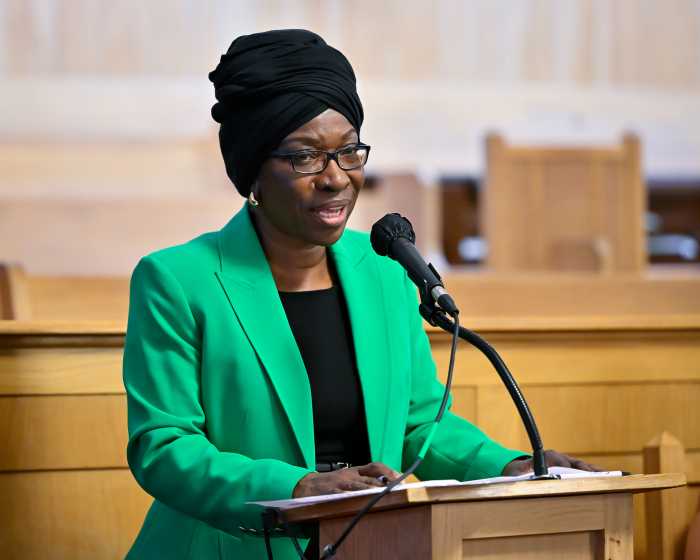
In 2024, the New York City Department of Health and Mental Hygiene released its first-ever report on the state of mental health among New Yorkers. The report found that 48% of teenagers and nearly one in four adults experience a mental health disorder, including depression, anxiety, schizophrenia, mood or personality disorders, ADHD and more.
However, due to a lack of insurance and adequate mental health resources — particularly in underserved areas — many individuals do not receive the treatment they need to lead productive lives.
Mayoral candidates Zohran Mamdani, Brad Lander, Scott Stringer, Dr. Selma Bartholomew, Michael Blake, Whitney Tilson and Jim Walden discussed proposals to improve and reform the city’s mental health system. Topics included expanding access to care, addressing Black and Brown maternal mental health, creating crisis intervention programs that don’t involve police, implementing comprehensive mental health education in schools, destigmatizing mental illness and therapy, supporting families, and rescinding Mayor Eric Adams’ executive order that paused the city’s ban on solitary confinement.
Research has shown that solitary confinement can have devastating mental health effects — both during and after incarceration. Most candidates said they would lift Adams’ executive order and abolish solitary confinement altogether; others said the policy should be overhauled.
Blake, a former Obama aide and state assembly member, said he wanted Rikers Island shut down “full stop,” citing the suicide of Kalief Browder, a 22-year-old Bronx resident who died by suicide in 2015 after spending 1,100 days — 800 of them in solitary confinement — on Rikers without being convicted of a crime.
“Rikers is actually the second largest mental health institution in America,” said Blake. “There is no business at all that we have a place that is not about trying to rehabilitate someone. It is effectively trying to keep people locked down, many of which have actually not been convicted of something.”
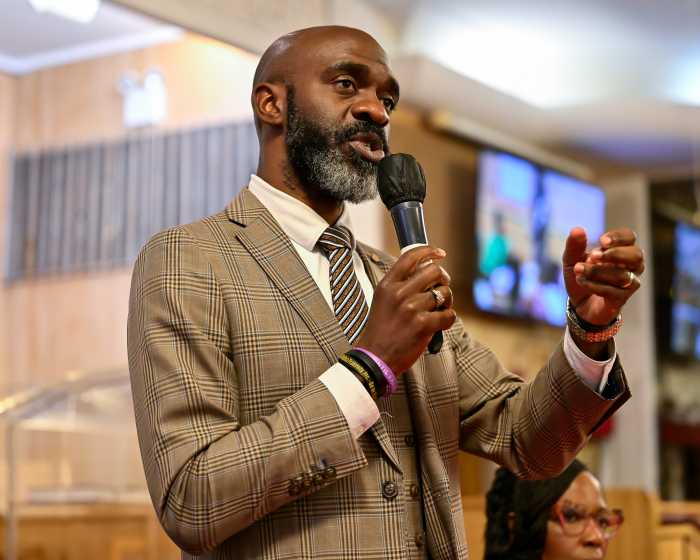
Lander and Mamdani both said they would rescind the mayor’s executive order on their first day in office.
Lander described solitary confinement as “torture.”
“I’ve been on Rikers a bunch of times, and I have gone each time to see people in involuntary protective custody or solitary. It is torture,” he said. “We are doing it right now, and I will end that executive order on day one.”
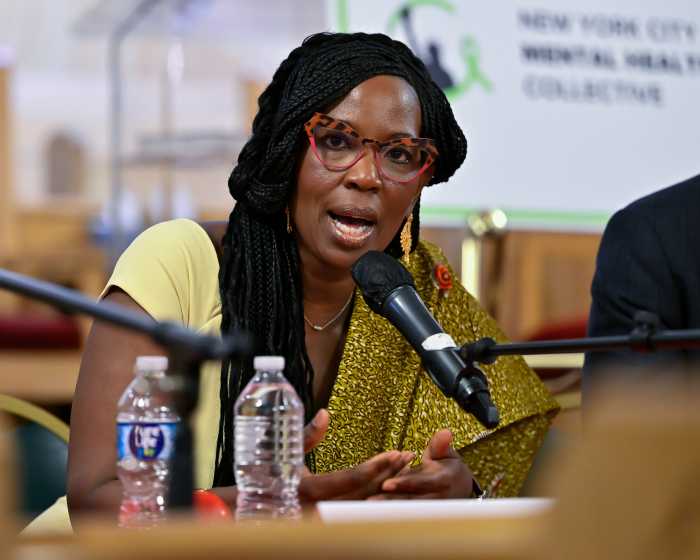
Bartholomew said the culture of passive violence in prisons — including overcrowding, poor food quality and inadequate medical care — must be addressed.
Tilson acknowledged that solitary confinement has been implemented “poorly” and should be reformed. However, he said the planned borough-based jails set to replace Rikers should include some form of solitary confinement.
“I think as part of those jails, there needs to be some area that is segregated for inmates that are very dangerous to themselves, to other inmates, and to corrections officers,” Tilson said.
Candidates also shared proposals to better integrate family engagement and support services into the city’s mental health system, including increased funding, training and care coordination.
Mamdani suggested expanding the number of Fountain House clubhouses, which offer support for individuals with severe mental illness.
“What we need to do as a city is to scale up these pilots that have been successful [and] ensure that every neighborhood has a clubhouse, ensure that we have community mental health navigators in every single neighborhood so that families are not the only place that New Yorkers who are struggling can find care,” he said.
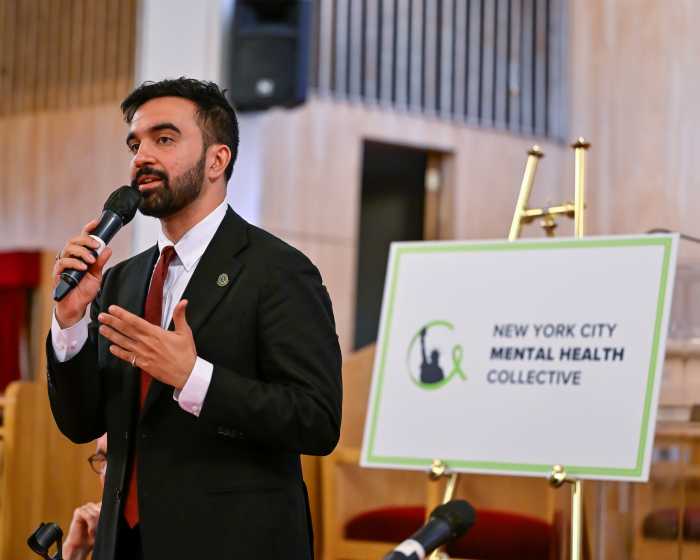
Candidates also agreed that the city’s mental health crisis response teams, known as B-HEARD, should include a team member with lived experience of mental illness. They noted that NYPD officers are not adequately trained to respond to individuals in mental health crisis.
“You want someone who actually has done the journey to be addressing [the mental health crisis] in real time,” Blake said.


